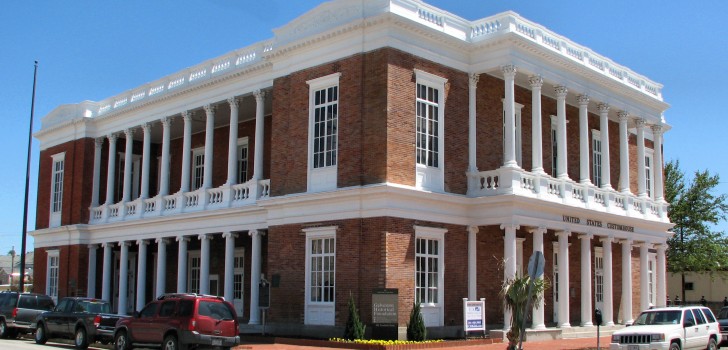The Electronic Frontier Foundation (EFF) in conjunction with advocacy Public Knowledge (PK) have asked a federal appeals court implement changes to patent law to prevent abuse using a method known as “forum shopping” by banning the Eastern District of Texas from hearing high stakes patent cases.
The two digital rights advocacy groups recently found a new potential ally on the issue with the food company TC Heartland (TCH), and are seeking to overturn a 1990 court ruling that eased restrictions on the practice.
EFF and PK have been attempting to change the legal rules that allow for non-practicing entities or “patent trolls” who use short discovery schedules and trial timelines to pressure defendants in patent lawsuits to settle.
The most popular region that makes use of the practice is the Eastern District of Texas.
It is a fairly new phenomenon there, growing from only 14 such cases in 1999, to nearly 1,500 cases in 2013, now making the district responsible for one in four patent cases in the U.S.
TCH became a victim of the practice after it was sued for patent infringement by Kraft Foods in a case where TCH was subsequently denied its request to change venue from Delaware to Indiana, where the company is based. EFF/PK have filed an amicus brief citing the TCH case that seeks to have the Federal Circuit reconsider its ruling on the 1990 case VE Holding Corp v. Johnson Gas Appliance, which has been used to justify the contested rules on patent cases in the Eastern District of Texas, and elsewhere.
EFF lawyer Vera Ranieri commented on the effect of the current legal climate, “Small companies, innovators, and end users are the ones least able to travel to a distant forum and learn the procedures of a new jurisdiction. They are thus the ones most likely to succumb to undue settlement pressure made only greater by the ability of patent owners to forum shop.”
If the EFF/PK brief succeeds, patent holders would still be able to file suits against companies at venues where the company has a physical presence, but venue changes in general would be more strictly scrutinized.
Stay Connected